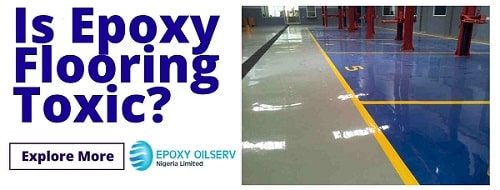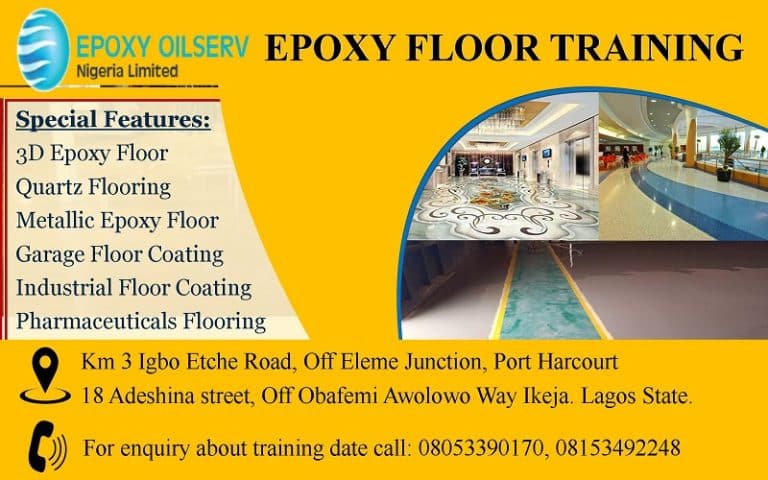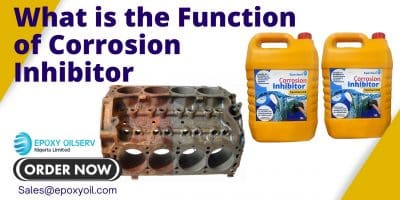Epoxy Flooring Services In Nigeria
Epoxy Oilserv is the foremost epoxy flooring services in Nigeria, if your home or commercial property contains concrete flooring, ceramic tiles or terrazzo floors, let us introduce you to epoxy floors. Epoxy floor coating can provide the level of protection you need. There are many benefits to opting for epoxy floor coating, including a long-lasting toughness that can greatly extend the lifespan of your floors, ultimately saving you money. With proper epoxy floor coating services, you can rely on your floors for years to come.
At Epoxy Oilserv Nigeria Limited, we proudly offer comprehensive cleaning, coating, and epoxy floor protection services for home, Industrial, hospitals, Pharmaceuticals. sports complexes and business owners everywhere. Our experts can provide you with the custom, durable solution you need at a price you’ll love. Most of all, our epoxy floor services offer an attractive finish that’s resistant to wear, tear, and damage. fist let us introduce you to epoxy floors
What is epoxy flooring
Epoxy chemical coating is different from regular floor paints. epoxy chemicals consist of epoxy resins mixing with appropriate amount of hardening agents called hardeners, this type of flooring flooring consists of a two-part epoxy system – a combination of polymer resins and hardeners, much like epoxy glue. When they are mixed properly, the epoxy resin and hardener react to form a chemical bond with each compound and with the floor itself. The consequential chemical bond creates a stiff plastic material that is durable, resistant to physical degradation and reaction to some chemicals, and they bond very well to its substrate.
Confusion between epoxy Flooring and Epoxy Coating
The definition of epoxy flooring suggests a flooring surface that comprises multiple layers of epoxy that is applied to a properly prepared floor (Usually concrete floors) with a depth of at least two millimeters. Confusion typically arises when comparing an epoxy floor and epoxy floor coating. The difference between the two lies in the depth of the epoxy(coating thickness) – as stated, epoxy floors are classified as an epoxy coating of at least two millimeters thick. Any epoxy floor less than two millimeters thick is commonly referred to as an epoxy floor coating. A great article on the difference between epoxy floor coating and epoxy paint is that epoxy floor coating cures and epoxy paint dries up. the area of application is also important because like the name suggests epoxy floor coating is applied to the floor
The different Types of Epoxy Flooring & Where to Apply
Self-Leveling Epoxy Flooring: self-leveling epoxy flooring is epoxy application to cover new, old, cracked, or damaged concrete floors to create a smooth, durable, and a level texture on the surface of the floor. Self-leveling epoxy floors comes in appealing diffeent colors, a shiny, and seamless look that appeal to commercial, industrial, and residential floor spaces.
- Areas of application of Self-Leveling Epoxy Floors: manufacturing buildings, warehouses, showrooms, commercial garages, kitchens, athletic facilities, and more.

Epoxy Mortar Flooring: Epoxy mortar flooring is classifies as one of the most stringent epoxy floor system available for use. This epoxy floor is made up of 100% solid epoxies and graded or quartz sand. Mortar systems are ideal for spaces that require a floor that is highly chemically-resistant and can withstand a great deal of impact. This epoxy floor can be used to repair cracks before applying another type of epoxy floor.
- Areas of application of Epoxy Mortar Floors: mechanical spaces, warehouses, commercial kitchens, restaurants, garages, Food-based manufacturing plants.
Quartz-Filled Epoxy Floors: Quartz epoxy flooring is a combination of a high-performance epoxy polymer resin and stained quartz grains. This epoxy should is utilized for decorative spaces that require sanitary and slip-resistant properties.
- Where to Use Quartz-Filled Epoxy Floors: locker rooms, restrooms, schools, cafeterias, lobbies, offices, showrooms, and more.
Anti-Static Epoxy Flooring (Electro-static Discharge (ESD) Resistant Floors): Eletro-static charge resistant (ESD) can be hazardous to many work environments. ESD is an acronym used for the term “electrostatic discharge”. This is the action by which a person will create static by moving, and then touch another object to release the discharge. Do you remember creating static by shuffling across carpet and touching another person or item? Well, that little “zap” you felt is typically 2,000-3,000 volts of static electricity. ESD flooring is created from a combination of materials, including carbon fibers that transfer the electrostatic charge from a person to the flooring. Thus, reducing the chance of someone creating a static discharge through physical contact. To reduce any static hazards in your spaces, anti-static epoxy floors can be applied. This type pf epoxy floor typically uses a conductive compound that collects static electricity that dissipates any potential discharge. An anti-static solution is a highly recommended epoxy floor for spaces that contain flammable materials.

- Areas of application of Anti-Static Epoxy Flooring: electronic, chemical, manufacturing facilities that has sensitive electronic components, or any spaces that use flammable gases or liquids that bring a risk of combustible dust buildup.
Epoxy Flake Flooring: This type of epoxy floor contains colored flake materials that are inserted in the epoxy to create a vibrant, multi-hued look. The flakes not only offer a seamless look but also provides each surface with subtle grooves to reduce any slips and falls. Epoxy flake floors come in an infinite variety of sizes, colors, styles, and textures that is customisable for any space.
- Where To Use Epoxy Flake Flooring: locker rooms, sports venues, showrooms, clinics, commercial kitchens, and more.
Epoxy flooring is a versatile chemical solution that is practical, long-lasting, highly resistant to impact, and customisable for any space. Whether you need an elegant entrance to a restaurant or need an unyielding surface to withstand industrial work – there is an epoxy floor system right for your space. Epoxy Oilserv Nigeria is the foremost epoxy flooring applicator for Nigeria. accumulating 20 years in the industry and counting. we have established OEM that partner with us to give our customers the best epoxy flooring jobs that stands test of time. We have delivered epoxy flooring services for many Nigerian companies from manufacturing, pharmaceutical, exotic vehicles display showrooms, hospitals, University teaching hospitals and a host of others too many to mention
Caulking in Epoxy Flooring
Caulking is a term used for filling gaps on floorings that may otherwise lead to crack like expansion joints. Epoxy is a rigid material that allows little room for movement. Building joints need to be free to move around, and that is why they are wider than concrete slab joints Epoxy cannot possible bridge such a wide joint as it just does not have the flexibility. Whenever you fill and coat over a building joint, the epoxy will almost certainly crack. Filling expansion joints is one of those tricky subjects that everyone seems to argue about in epoxy flooring. One of the great benefits of epoxy flooring is the seamless look, so we don’t want any joints to be showing. And this is where the debate begins: Should we be filling the expansion joints, and if yes, what should we use to fill the joints?
So what can you do? The best solution is to use a joint covering. This is usually made out of metal or aluminum and it is fastened to the floor on one side of the joint (you can also use a ‘moving joint’ that is fastened to both sides).
Basically you have made a metal bridge joining the two sides of the buiding, and the floor underneath is allowed to move freely. Another solution is to fill and then cut a nice neat joint down the middle. However you need to keep this joint free to move around.
A solution would be to fill such joints with a thick elastic compound (like a black rubbery compound). Do not use a conventional PU sealant as these products are not designed for large thicknesses and they will take forever to dry.
Epoxy Oilserv have practiced this severally with interesting results. Epoxy Oilserv is a dealer in Caulk & Joint Sealants
Interesting topics





